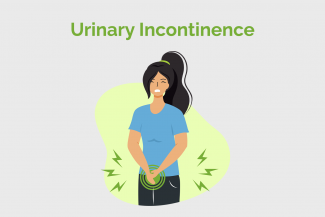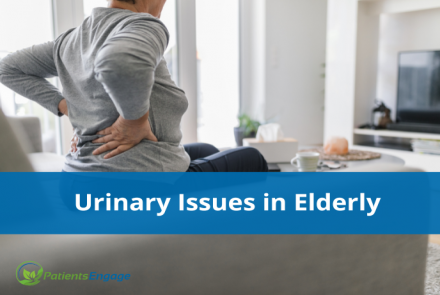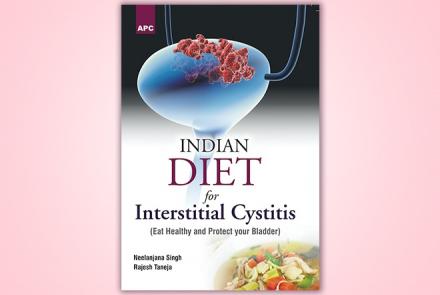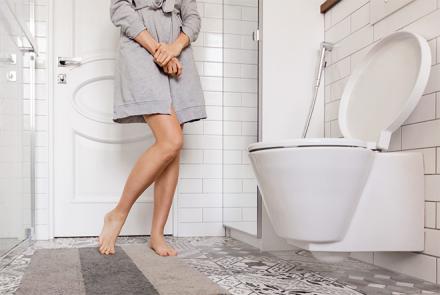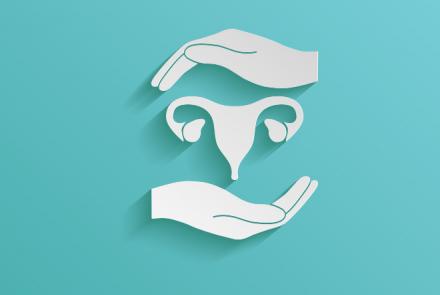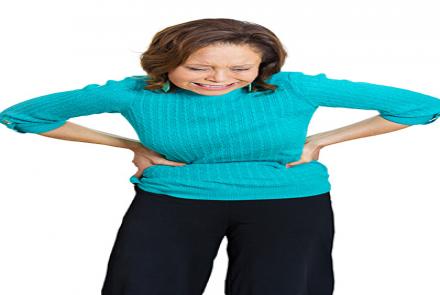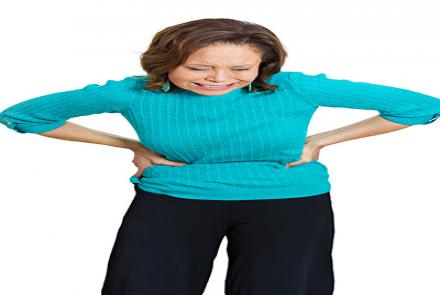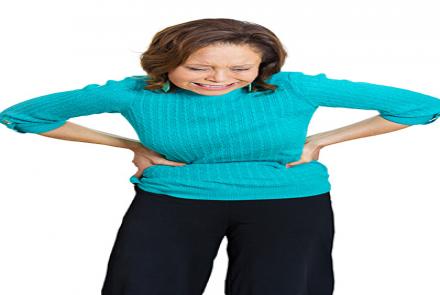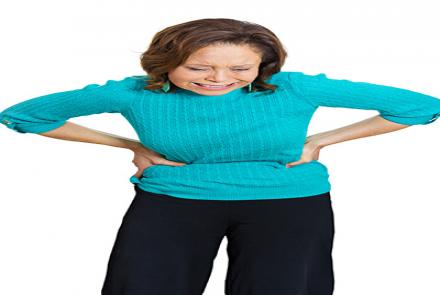Urinary Incontinence affects twice as many women as men and 50 per cent of elderly women suffer from it. It may affect younger women too.
Urinary incontinence can be caused by daily habits, underlying medical or physical problems. It may be temporary or persistent.
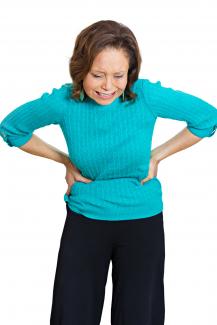
What is urinary incontinence?
It is the loss of bladder control that results in leakage of urine or faecal matter involuntarily. It is a common problem: the severity ranges from occasional leaking of urine when you cough or sneeze to a sudden and strong urge to urinate so that you can’t get to the toilet on time. It affects twice as many women as men and 50 per cent of elderly women suffer from it. It may affect younger women too.
Changed
28/Sep/2015
Condition

